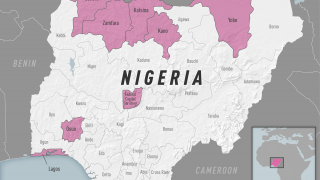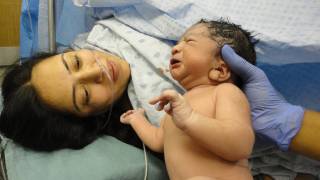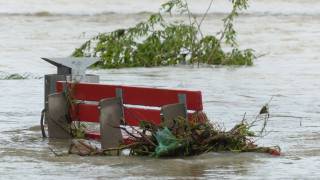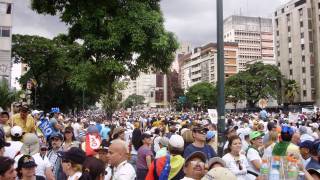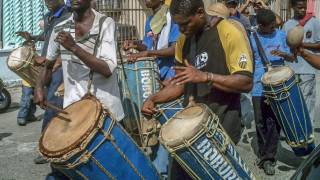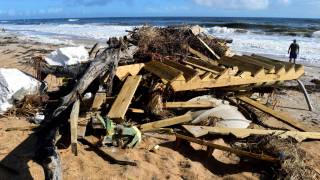‘Do Not Visit Venezuela’ Says CDC

The US Centers for Disease Control and Prevention (CDC) reissued a Level 3 Travel Alert for the South American country of Venezuela.
This ‘Do Not Travel’ Advisory published on August 7, 2019, by the CDC, recommends that ‘travelers avoid all nonessential travel to Venezuela since there is civil unrest throughout the country.’
Additionally, the CDC says ‘Venezuela is experiencing infectious disease outbreaks and adequate healthcare is currently not available in most of the country.’
‘There are shortages of food, water, electricity, medicine, and medical supplies that have contributed to an increasing humanitarian crisis affecting much of the country.’
Venezuela’s infectious disease outbreak has been occurring for several years, such as the following examples:
- During the past year, over 1,000 confirmed cases of measles, including more 50 deaths, have been reported in 9 states
- In the past 2 years, over 1,600 suspected cases of diphtheria, including over 140 deaths, have been reported in 22 states
- In 2017, over 400,000 cases of malaria were reported
Moreover, Venezuela’s health issues are spreading to other South and Central America countries.
“The continued upsurge in malaria could soon become uncontrollable," said Martin Llewellyn, a doctor and senior lecturer at Britain's Glasgow University, who led this infectious disease review, in a press release.
This new CDC Travel Alert says, if you must travel to Venezuela, then protect yourself by following the health advice below and reviewing the US Department of State’s Level 4 Travel Advisory for Venezuela:
- Make an appointment with a travel medicine specialist or your healthcare provider to get needed vaccines and medicines at least 4 to 6 weeks before you leave
- All travelers should be up to date on all recommended vaccines, such as the Diphtheria, Tetanus, and Pertussis (DTaP) vaccine and Measles-Mumps-Rubella (MMR) vaccine
- Consider typhoid, hepatitis A and yellow fever vaccines
- All travelers take prescribed medicine to prevent malaria
- Pack a travel health kit with your prescription medicines and over-the-counter medicines (enough to last your whole trip, plus a little extra), first aid supplies, and your health insurance card
- Leave copies of your itinerary, contact information, credit cards, and passport with someone at home, in case they are lost during travel
- Buy travel health and medical evacuation insurance. If you are injured or get sick during your trip, medical care is likely to be unavailable in Venezuela
Previously, on March 11, 2019, the US State Department announced the suspension of operations of the U.S. Embassy in Caracas and the withdrawal of diplomatic personnel from Venezuela. This Advisory says U.S. citizens residing or traveling in Venezuela should depart.
U.S. citizens who remain in Venezuela can contact the Department of State in one of the following ways:
- Visit the US Embassy website
- Email [email protected]
- Call us at 1-888-407-4747 (from the U.S. & Canada), +1-202-501-4444 (from Overseas).
Separately, on June 17, 2019, the UK Foreign and Commonwealth Office advised against all travel to within 50 miles of the Colombian border and 25 miles of the Brazilian border. This UK advisory says ‘drug traffickers and illegal armed groups are active along the border area with Colombia and Brazil and there is a risk of kidnapping.’
Furthermore, the Canadian government said on August 1, 2019, that ‘pregnant women and those considering becoming pregnant should avoid travel to Venezuela.’
International travelers can easily request a vaccination and medication counseling appointment with a local pharmacy at Vax-Before-Travel.
Vaccines, like any medicine, can have side effects. You are encouraged to report negative side effects of vaccines to a healthcare provider or the CDC.
Our Trust Standards: Medical Advisory Committee

